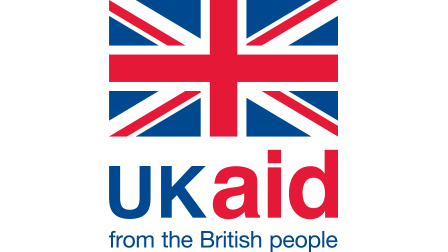
IISD Trade and Sustainability Review, Volume 1, Issue 1, November 2020
This inaugural edition of IISD's Trade and Sustainability Review features analytical pieces and commentaries on a series of topics at the forefront of the trade and sustainability discussion.
Articles included in this edition are:
- An Introduction, by Nathalie Bernasconi-Osterwalder
- Sustainable Trade After COVID-19: Can we do better?, by Aik Hoe Lim
- WTO Talks on Fishing Subsidies Crucial to Safeguard Marine Resources, by Alice Tipping
- How Has COVID-19 Affected Costa Rica’s Biggest Organic Spice Farm?, by Jennifer Freedman
- U.S.–Kenya Trade Talks Begin: What could they mean?, by Sofia Baliño
- Negotiations to Discipline Fossil Fuel Subsidies and the Neglected Role of Data, by Ronald P. Steenblik
- Anticipating International Economic Challenges in a Post-Pandemic World, by Nicholas Woolley
The publication also features a "newsroom" that provides brief recaps of some of the latest developments in trade policy, including the WTO Director-General's race, the debate over a waiver to some of the WTO's intellectual property rules as part of the COVID-19 response, and an update on the joint statement initiatives (JSIs) under discussion by some WTO Members, among other topics.
The Trade and Sustainability Review is part of IISD's work on promoting transparency and supporting informed trade conversations. This material has been funded by UK aid from the UK government; however, the views expressed do not necessarily reflect the UK government’s official policies.
Funded by
You might also be interested in
IISD Trade and Sustainability Review, Volume 1, Issue 2, March 2021
This second edition of IISD's Trade and Sustainability Review features analytical pieces and commentaries that focus on a series of transitions in the realm of trade and sustainability development.
Battling to define success after the WTO summit
It’s a little over three days after the World Trade Organization ministerial came to an agreement as dawn broke over Lake Geneva, and I’m sure some attendees are still catching up on sleep. There’s been a veritable banquet since of hot takes for you to choose from. Among the more thoughtful and optimistic are this thread from academic and former WTO official Nicolas Lamp and this on the fishing subsidies issue from piscine guru Alice Tipping. In today’s main piece I talk with Ngozi Okonjo-Iweala, the institution’s director-general, who was very pugnacious indeed in declaring the ministerial a success, and muse on a couple of themes about how negotiations work and what they mean.
IISD Trade and Sustainability Review, Volume 1, Issue 3, July 2021
From circular economy to environmental cooperation in FTA negotiations, this third edition of the IISD Trade and Sustainability Review covers a range of policy issues from the intersection of trade and sustainable development.
Securing India's Copper Supply
This policy brief emphasizes the need for India to develop a comprehensive copper strategy.
